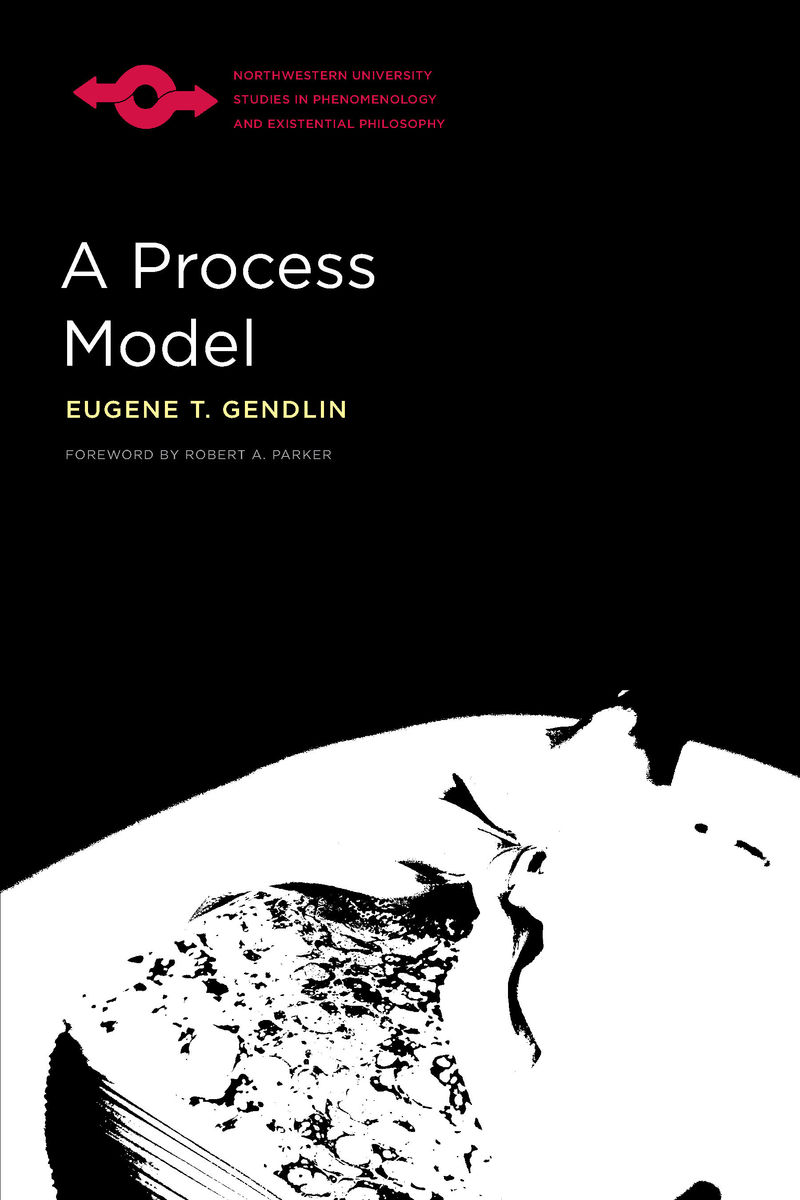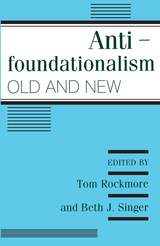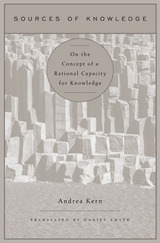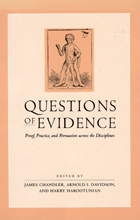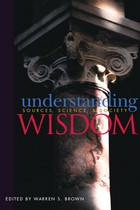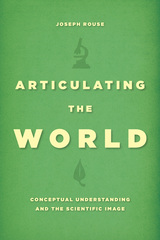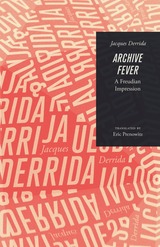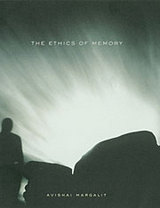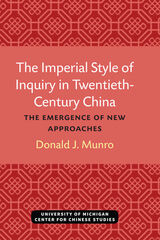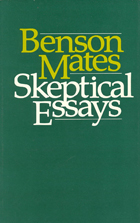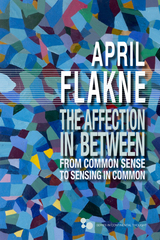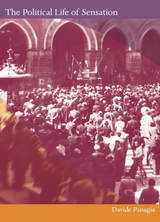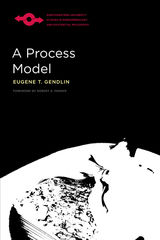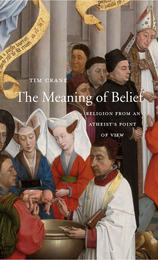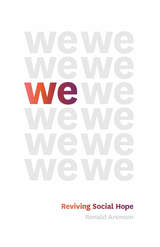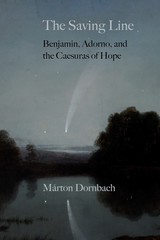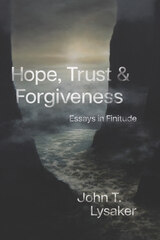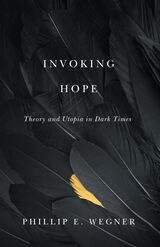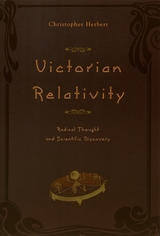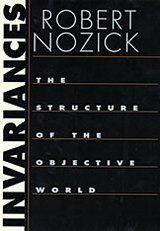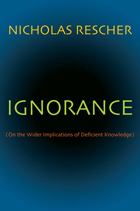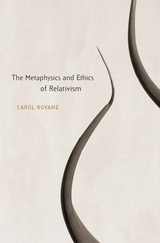A Process Model
Northwestern University Press, 2018
Paper: 978-0-8101-3619-9 | Cloth: 978-0-8101-3620-5 | eISBN: 978-0-8101-3621-2
Library of Congress Classification BD214.5.G46 2018
Dewey Decimal Classification 121.34
Paper: 978-0-8101-3619-9 | Cloth: 978-0-8101-3620-5 | eISBN: 978-0-8101-3621-2
Library of Congress Classification BD214.5.G46 2018
Dewey Decimal Classification 121.34
ABOUT THIS BOOK | AUTHOR BIOGRAPHY | TOC | REQUEST ACCESSIBLE FILE
ABOUT THIS BOOK
Eugene T. Gendlin (1926–2017) is increasingly recognized as one of the seminal thinkers of our era. Carrying forward the projects of American pragmatism and continental philosophy, Gendlin created an original form of philosophical psychology that brings new understandings of human experience and the life-world, including the “hard problem of consciousness.”
A Process Model, Gendlin’s magnum opus, offers no less than a new alternative to the dualism of mind and body. Beginning with living process, the body’s simultaneous interaction and identity with its environment, Gendlin systematically derives nonreductive concepts that offer novel and rigorous ways to think from within lived precision. In this way terms such as body, environment, time, space, behavior, language, culture, situation, and more can be understood with both great force and great subtlety.
Gendlin’s project is relevant to discussions not only in philosophy but in other fields in which life process is central—including biology, environmental management, environmental humanities, and ecopsychology. It provides a genuinely new philosophical approach to complex societal challenges and environmental issues.
A Process Model, Gendlin’s magnum opus, offers no less than a new alternative to the dualism of mind and body. Beginning with living process, the body’s simultaneous interaction and identity with its environment, Gendlin systematically derives nonreductive concepts that offer novel and rigorous ways to think from within lived precision. In this way terms such as body, environment, time, space, behavior, language, culture, situation, and more can be understood with both great force and great subtlety.
Gendlin’s project is relevant to discussions not only in philosophy but in other fields in which life process is central—including biology, environmental management, environmental humanities, and ecopsychology. It provides a genuinely new philosophical approach to complex societal challenges and environmental issues.
See other books on: Experience | Human body (Philosophy) | Knowledge, Theory of | Meaning (Philosophy) | Psychotherapy
See other titles from Northwestern University Press
